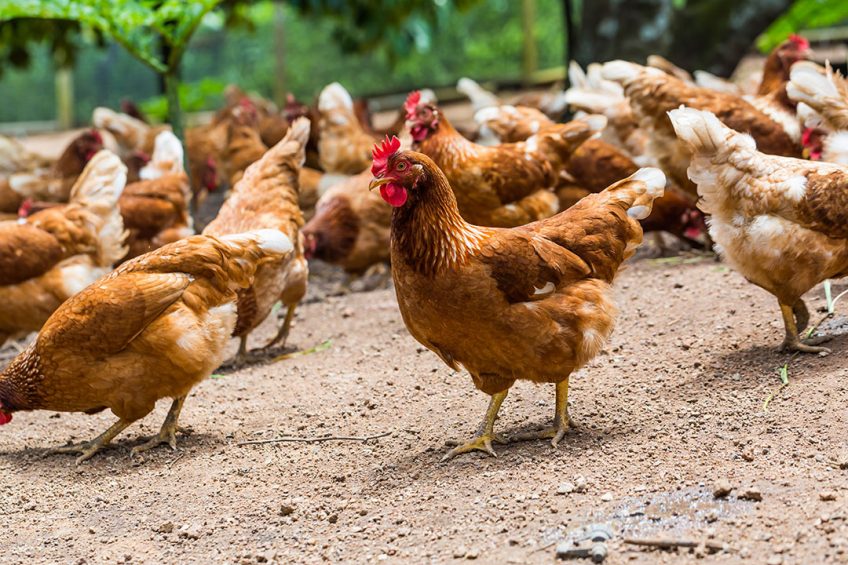
Algeria’s poultry industry is facing an unprecedented crisis as domestic egg production has surged to levels that have severely disrupted the market.
In response, authorities have swiftly authorized the export of locally produced eggs, aiming to ease the pressure on national stocks and help producers access new markets.
The Ministry of Commerce recently formalized this export authorization, a move designed to counteract the plummeting egg prices caused by an oversupply.
For months, producers have struggled as falling prices threaten the viability of their businesses, putting many farmers at risk of severe financial losses.
Official figures reveal that annual egg production in Algeria now exceeds 85 million tonnes. While this abundance could have been a boon for food security, it has instead triggered economic instability.
The collapse in egg prices means many producers are unable to cover their production costs, intensifying calls for urgent intervention.
This export measure is part of a wider government plan to bolster the agricultural and agri-food sectors by encouraging local industries to explore foreign markets.
It also seeks to prevent the destruction of unsold products, safeguard jobs, and sustain both family-run farms and larger production facilities.
Beyond this immediate response, experts highlight a deeper challenge: the urgent need to modernize livestock farming through better regulation and sustainable practices.
“The question of balancing supply and demand is crucial,” industry professionals note.
In the medium term, they argue, Algeria must improve production volume planning and adopt more flexible mechanisms to adjust supply, ensuring the sector’s long-term stability.
As Algeria confronts these pressing issues, the poultry sector’s future will depend on effective management and strategic reforms to protect producers and secure food supply across the Maghreb.



